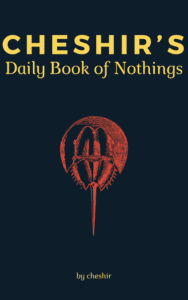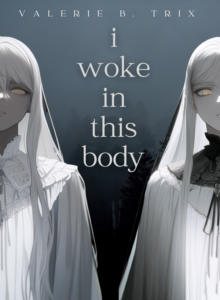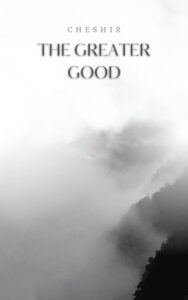When I was in Brighton I once went to hear some Prima Donna. I forget her name. It may have been Madame Neilson or Madame Albani. Never before had I come across such an extraordinary command over the voice. Even our best singers cannot hide their sense of effort; nor are they ashamed to bring out, as best they can, top notes or bass notes beyond their proper register. In our country the understanding portion of the audience think no harm in keeping the performance up to standard by dint of their own imagination. For the same reason they do not mind any harshness of voice or uncouthness of gesture in the exponent of a perfectly formed melody; on the contrary, they seem sometimes to be of opinion that such minor external defects serve better to set off the internal perfection of the composition,—as with the outward poverty of the Great Ascetic, Mahadeva, whose divinity shines forth naked.
This feeling seems entirely wanting in Europe. There, outward embellishment must be perfect in every detail, and the least defect stands shamed and unable to face the public gaze. In our musical gatherings nothing is thought of spending half-an-hour in tuning up the Tanpuras, or hammering into tone the drums, little and big. In Europe such duties are performed beforehand, behind the scenes, for all that comes in front must be faultless. There is thus no room for any weak spot in the singer’s voice. In our country a correct and artistic exposition of the melody is the main object, thereon is concentrated all the effort. In Europe the voice is the object of culture, and with it they perform impossibilities. In our country the virtuoso is satisfied if he has heard the song; in Europe, they go to hear the singer.
That is what I saw that day in Brighton. To me it was as good as a circus. But, admire the performance as I did, I could not appreciate the song. I could hardly keep from laughing when some of the cadenzas imitated the warbling of birds. I felt all the time that it was a misapplication of the human voice. When it came to the turn of a male singer I was considerably relieved. I specially liked the tenor voices which had more of human flesh and blood in them, and seemed less like the disembodied lament of a forlorn spirit.
After this, as I went on hearing and learning more and more of European music, I began to get into the spirit of it; but up to now I am convinced that our music and theirs abide in altogether different apartments, and do not gain entry to the heart by the self-same door.
European music seems to be intertwined with its material life, so that the text of its songs may be as various as that life itself. If we attempt to put our tunes to the same variety of use they tend to lose their significance, and become ludicrous; for our melodies transcend the barriers of everyday life, and only thus can they carry us so deep into Pity, so high into Aloofness; their function being to reveal a picture of the inmost inexpressible depths of our being, mysterious and impenetrable, where the devotee may find his hermitage ready, or even the epicurean his bower, but where there is no room for the busy man of the world.
I cannot claim that I gained admittance to the soul of European music. But what little of it I came to understand from the outside attracted me greatly in one way. It seemed to me so romantic. It is somewhat difficult to analyse what I mean by that word. What I would refer to is the aspect of variety, of abundance, of the waves on the sea of life, of the ever-changing light and shade on their ceaseless undulations. There is the opposite aspect—of pure extension, of the unwinking blue of the sky, of the silent hint of immeasureability in the distant circle of the horizon. However that may be, let me repeat, at the risk of not being perfectly clear, that whenever I have been moved by European music I have said to myself: it is romantic, it is translating into melody the evanescence of life.
Not that we wholly lack the same attempt in some forms of our music; but it is less pronounced, less successful. Our melodies give voice to the star-spangled night, to the first reddening of dawn. They speak of the sky-pervading sorrow which lowers in the darkness of clouds; the speechless deep intoxication of the forest-roaming spring.







